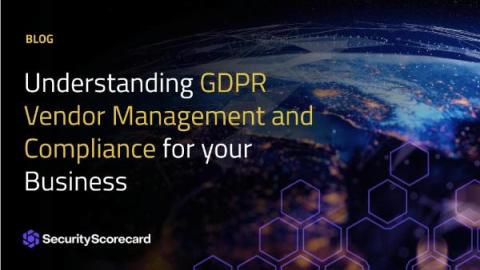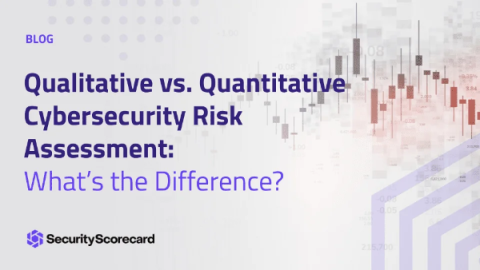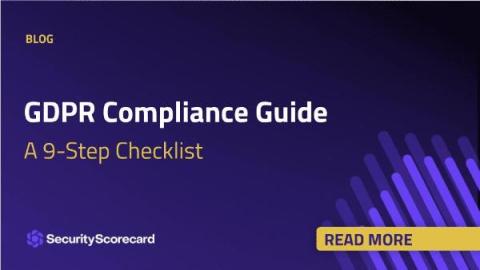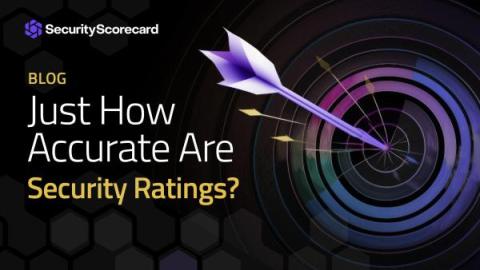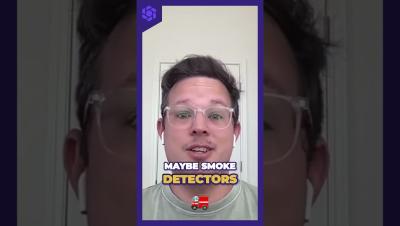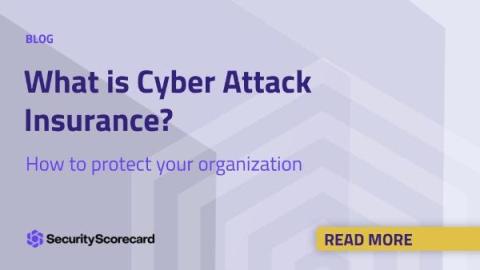What CIS Controls are Effective for Successful Cyber Defense?
Critical Security Controls are a set of cybersecurity principles and actions that list defense tactics and best practices to mitigate against popular cyber-attack methods. But what makes them so valuable is that the framework prioritizes a small number of actions that all work to significantly reduce cybersecurity risk across your network. Keep reading to learn more about CIS controls, as well as which controls are essential for successful cyber defense.



